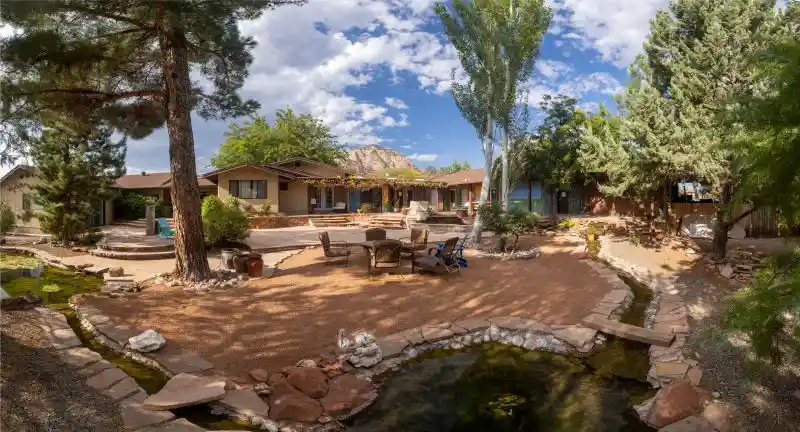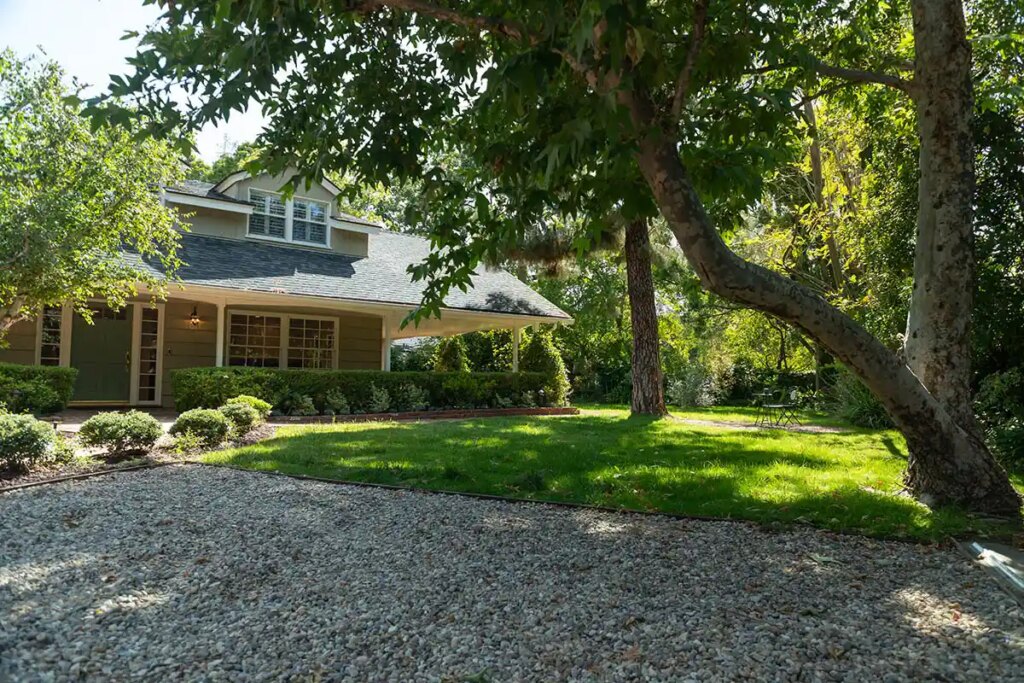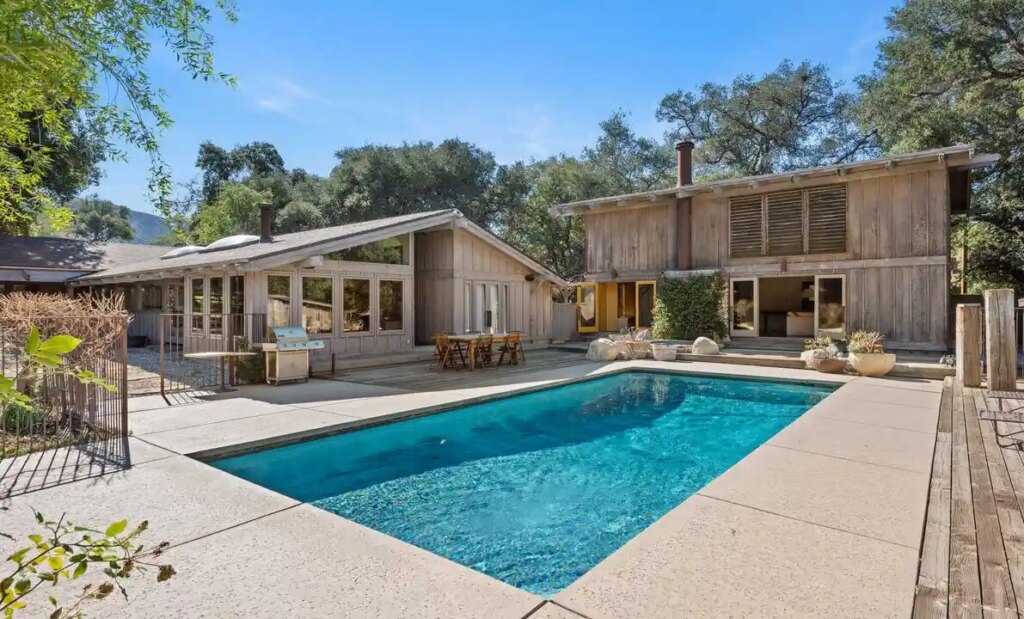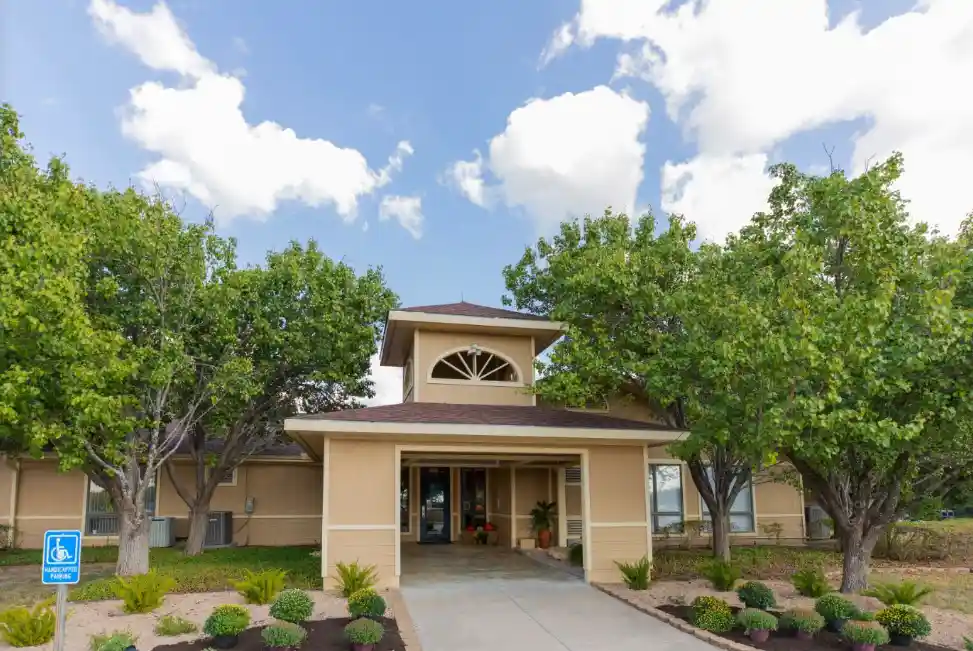



Find the top therapy centers that provide treatment for ADHD
Imagine a world where your child with ADHD can grow, learn, and thrive in a supportive environment tailored to their unique needs. With the right ADHD treatment centers, that world can become a reality. This blog post explores comprehensive ADHD treatment approaches and the benefits of wilderness therapy, guiding you toward selecting the best treatment center for your child’s needs at ADHD treatment centers.
Attention Deficit Hyperactivity Disorder (ADHD) affects millions of children and adults, making daily life challenging due to its symptoms such as inattention, hyperactivity, and impulsivity. In teens and young adults, ADHD can manifest in predominantly inattentive or hyperactive-impulsive forms, each with its unique set of symptoms. Moreover, ADHD often coexists with other mental health conditions, such as depression, anxiety, and learning disabilities, which can further complicate treatment plans.
The impact of ADHD extends beyond the individual, affecting family and school life. Sibling relationships may become strained, and parents may experience conflict over treatment decisions. As a parent, recognizing the signs of ADHD in your child and seeking appropriate treatment is crucial to help them manage their symptoms and lead a fulfilling life.

Predominantly inattentive ADHD, sometimes referred to as “ADD,” is characterized by symptoms such as daydreaming and difficulty focusing. These individuals may struggle with organization and time management, often appearing forgetful or easily distracted.
On the other hand, hyperactive-impulsive ADHD involves symptoms of inattentiveness, hyperactivity, and impulsivity, making it the most common type of ADHD. Young adults with this type of ADHD may have trouble sitting still, interrupt others, and act without considering consequences.
It’s important to note that some individuals may exhibit traits of both inattentive and hyperactive-impulsive ADHD, known as ADHD Combined Type. Due to the similarities between ADHD, depression, and anxiety, a comprehensive assessment by a qualified healthcare provider is essential to ensure a correct diagnosis and effective treatment.

When it comes to treating ADHD, a comprehensive approach is essential to address the various aspects of the condition. Medication management, behavioral and cognitive therapies, and parental education and support all play a vital role in helping individuals with ADHD manage their symptoms and improve their quality of life.
Selecting the most suitable treatment center for your child is of paramount importance, as it ensures they receive the most efficient care tailored to their individual needs. In the following sections, we will explore the different levels of care, specialized programs, and evidence-based practices that the best ADHD treatment centers offer.
Medication management is a key component of ADHD treatment, involving the use of stimulant medications such as Adderall and Ritalin to enhance attention and focus by augmenting levels of dopamine and norepinephrine in the brain. These medications have been proven effective in managing symptoms such as difficulty concentrating, impulsivity, and hyperactivity. However, stimulants may also lead to side effects such as anxiety, irritability, high blood pressure, and insomnia.
Behavioral and cognitive therapies play a significant role in addressing the behavioral and cognitive issues associated with ADHD. These therapies can include cognitive-behavioral therapy, social skills training, and other experiential therapies such as acceptance and commitment therapy (ACT), dialectical behavior therapy (DBT), and motivational interviewing.
These therapies aim to modify behaviors and equip individuals with skills to better manage their ADHD symptoms. For instance, cognitive-behavioral therapy focuses on helping individuals identify and change negative thought patterns and behaviors, while social skills training can improve communication and relationship-building abilities.
A combination of these therapies, tailored to the individual’s needs, can lead to improved daily functioning and overall well-being.
Choosing the right ADHD treatment center is a critical decision that can greatly impact your child’s progress and overall well-being. In order to make an informed choice, it is essential to understand the levels of care available, the specialized programs offered by the treatment center, and the evidence-based practices they employ.
In the next few sections, we will delve into these aspects to help guide you in selecting the best treatment center for your child’s needs.
As a parent or caregiver, your involvement in your child’s ADHD treatment is crucial for achieving favorable outcomes. Educating yourself on ADHD, its symptoms, and effective treatment strategies can help you better understand and support your child’s needs. This knowledge can empower you to work closely with treatment professionals, ensuring a collaborative approach to your child’s care.
Moreover, promoting a healthy lifestyle and fostering positive peer relationships can significantly impact your child’s success in managing their ADHD symptoms. Encouraging regular physical activity, ensuring a balanced diet, and establishing healthy sleep habits can all contribute to your child’s well-being.
Being mindful of your child’s peer relationships and providing opportunities for them to develop social skills and build supportive friendships can greatly enhance their overall quality of life.

ADHD treatment centers provide various levels of care, including crisis stabilization, inpatient care, partial hospitalization, and intensive outpatient care. The level of care your child requires depends on the severity of their ADHD and any co-occurring disorders they may have. Early intervention and appropriate care are essential for achieving the best possible outcomes.
When determining the level of care for your child, consult with a qualified healthcare provider who can perform a comprehensive assessment and recommend the most suitable treatment option. Factors to consider include the severity of your child’s ADHD, any co-occurring conditions, and their specific needs and goals.

Choosing the right ADHD treatment center and supporting your child through their treatment journey can make a world of difference in their ability to manage their symptoms and lead a fulfilling life. Comprehensive treatment approaches, including medication management, behavioral and cognitive therapies, and parental education and support, are essential for achieving the best possible outcomes. Wilderness therapy, with its unique blend of adventure-based activities and therapeutic wilderness environment, offers a promising alternative for individuals with ADHD to grow, learn, and thrive. Together, we can help our children overcome the challenges of ADHD and unlock their full potential.
For help with ADHD, the best place to start is by talking to your primary care provider and reaching out to organizations like CHADD and the National Institute of Mental Health (NIMH) for support. They provide resources to help individuals and their families better understand and manage ADHD
The most effective treatment for ADHD is the use of stimulant medications, such as methylphenidate (Ritalin, Concerta) and amphetamine (Adderall, Vyvanse). These medications can significantly reduce symptoms and improve quality of life.
With the right support and treatment, people with ADHD can lead a normal life. Having an understanding of the symptoms and seeking ways to manage them can help to build positive habits and create an environment that supports success.
With the right approach, those with ADHD can reach their full potential and live fulfilling lives.
Adopting healthy coping mechanisms for ADHD, such as mindfulness meditation and exercise, can help individuals better manage their symptoms. These activities can help improve attention and memory, reduce hyperactivity, and help support self-control.
Regularly incorporating these activities into your daily routine can help you gain control of your ADHD symptoms and create a healthier lifestyle.